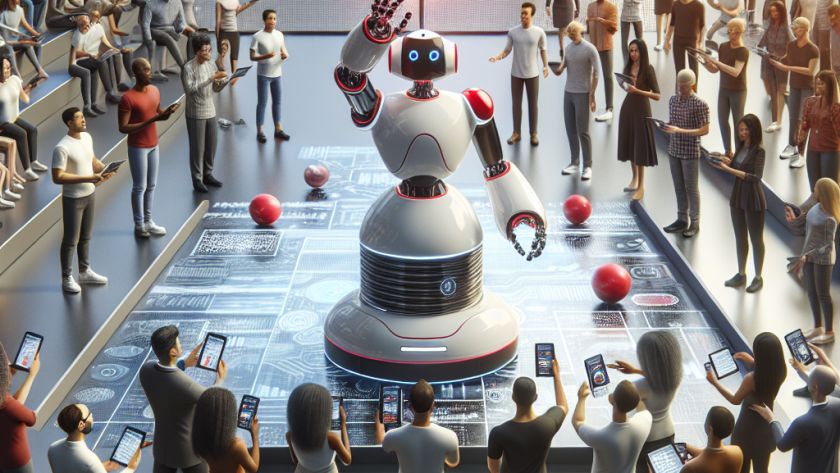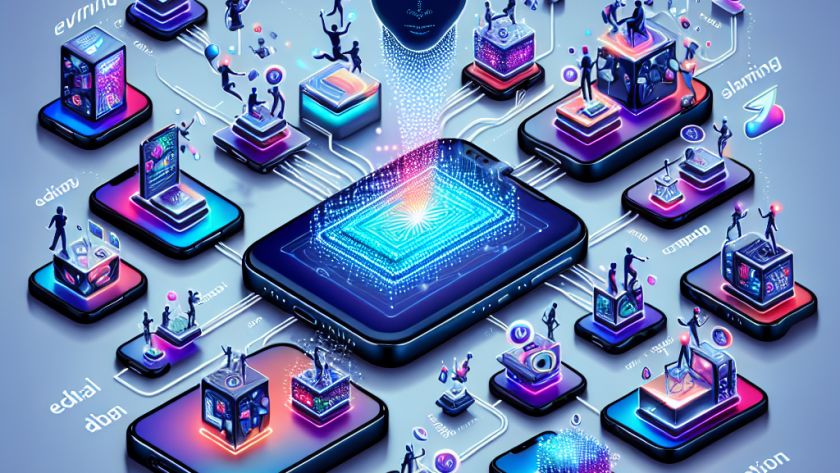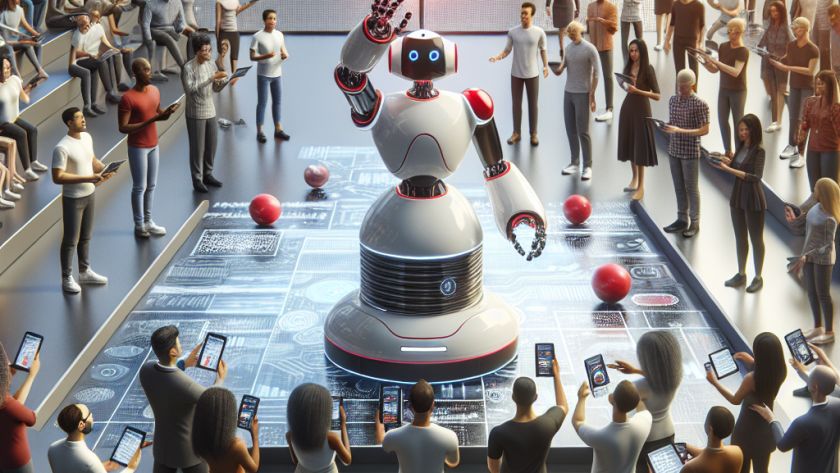Artificial Intelligence, Awards, Biological engineering, Biology, Cancer, Chemical engineering, Electrical Engineering & Computer Science (eecs), Faculty, Funding, Grants, honors and fellowships, Immunology, Jameel Clinic, Koch Institute, Machine learning, Research, School of Engineering, School of Science, UncategorizedMarch 19, 2024238Views0Likes Five MIT researchers—Michael Birnbaum, Regina Barzilay, Brandon DeKosky, Seychelle Vos, and Ömer Yilmaz—are part of winning teams for Cancer Grand Challenges 2024. Each team, made up of international, interdisciplinary cancer researchers, will receive $25 million over five years.
Associate Professor of Biological Engineering Michael Birnbaum is heading Team MATCHMAKERS, comprised of co-investigators Regina Barzilay (Engineering Distinguished…
Read More









